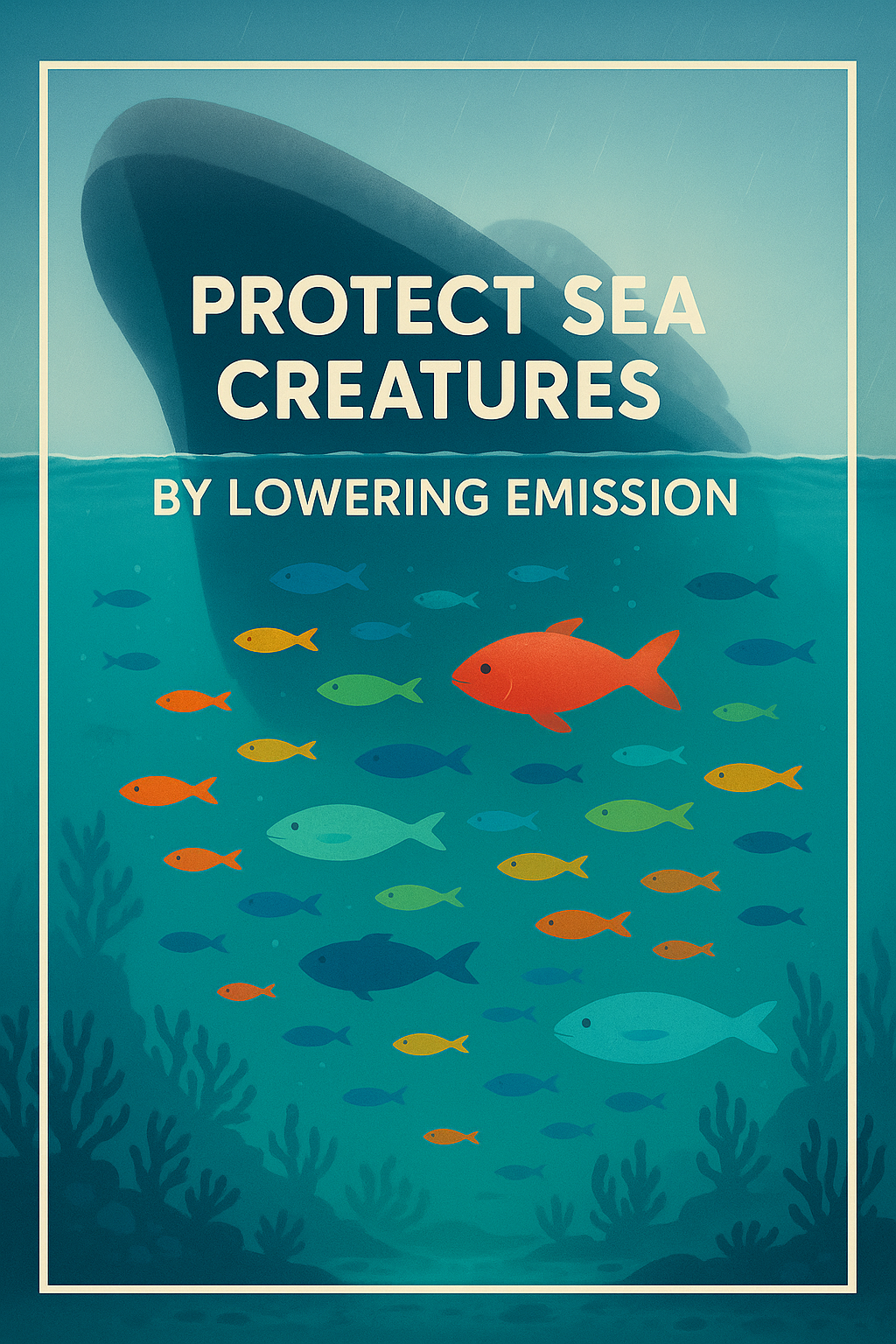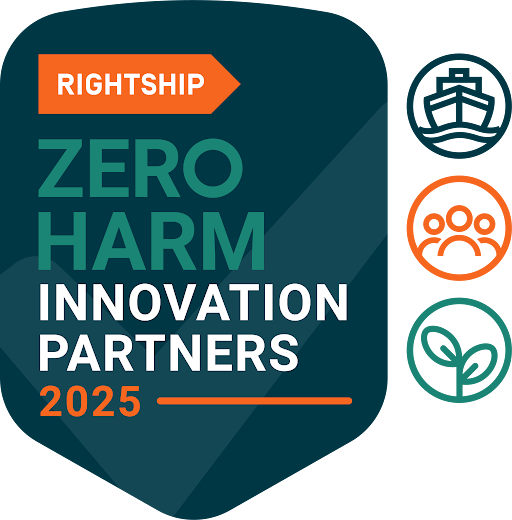
It's easy to see ships primarily as movers of goods, but their interaction with the marine environment is far more complex. Every voyage shapes the ecosystems they traverse. From the moment an engine starts to the handling of waste onboard, maritime operations have consequences – both seen and unseen – beneath the waves.
- The Air We Breathe, The Water They Live In: Engine emissions are a major concern. Greenhouse gases contribute to climate change, leading to rising sea levels and ocean warming, which disrupts marine habitats. Other pollutants like Sulphur Oxides (SOx) and Nitrogen Oxides (NOx) contribute to acid rain and ocean acidification, directly harming shell-forming organisms and coral reefs. The air quality around busy ports and shipping lanes is also impacted, affecting coastal communities.
- Waste Not, Want Not (the Ocean Doesn't Want It!): Managing waste generated onboard – from sewage and greywater to garbage and operational residues – is critical. Improper discharge pollutes waters, harms marine creatures that might ingest or get entangled in debris, and degrades coastal areas. Ballast water, essential for ship stability, can also inadvertently transport non-native species across the globe, disrupting local ecosystems.
- The Unheard Impact: Underwater noise pollution from ship engines and propellers can interfere with marine mammals' communication, navigation, and feeding patterns, adding another layer of stress to their environment.
International regulations like MARPOL (the International Convention for the Prevention of Pollution from Ships) set crucial standards for environmental protection. Adhering to these rules is non-negotiable. But true sustainability goes beyond mere compliance. It requires a fundamental shift in mindset – recognizing that protecting our oceans is a shared responsibility, integral to the future of our industry and our planet.
Every single person working at sea has a role to play. The decisions made by the crew – regarding fuel consumption, waste segregation, discharge procedures, and route planning – collectively determine a vessel's environmental performance. It's about understanding why these procedures matter, not just how to follow them.
This is where we, at Maritime Trainer, come in. We firmly believe that knowledge is the most powerful tool for change. Equipping seafarers with a deep understanding of their environmental impact, and the practical skills to minimize it, is core to our mission. It’s not just about ticking boxes; it’s about fostering a genuine culture of environmental stewardship onboard.
Our environmental training modules are designed by maritime experts for maritime professionals. We focus on providing clear, practical, and engaging content that translates directly into safer, cleaner operations at sea. We aim to empower crews to become active participants in protecting the marine environment.
Understanding the specific challenges and solutions is key. Our targeted training programs address critical areas of environmental management:
- Navigating the Fuel Transition: The industry is moving towards cleaner energy sources. Our Green Fuel Management course equips crews with the knowledge to handle and optimize the use of these emerging fuels efficiently and safely, reducing emissions. This includes understanding specific alternatives like Liquefied Natural Gas (LNG) and Ammonia, covered in our dedicated LNG Bunkering and Ammonia Fuel Management programs. Understanding the properties, procedures, and safety protocols for these new fuels is paramount.
- Managing Waste Responsibly: Proper handling of onboard waste is essential. Our Sewage Treatment System Training provides vital knowledge on operating and maintaining these crucial systems effectively, ensuring compliance and preventing pollution from untreated sewage.
- Protecting Sensitive Ecosystems: Certain ocean areas are designated as particularly vulnerable and require stricter operational standards. Our course on Entering MARPOL Special Areas ensures crews understand the specific regulations and procedures required when navigating these sensitive zones, minimizing risks to fragile marine life.
Sustainability at sea is not just a regulation – it's a responsibility we all share. By investing in comprehensive environmental training, shipping companies empower their crews to be part of the solution. Educated seafarers make informed decisions, operate more efficiently, reduce environmental risks, and contribute to a positive safety culture.
Protecting marine biodiversity, ensuring the long-term viability of the maritime industry, and preserving the health of our oceans for future generations are interconnected goals. Let’s work together, equipped with the right knowledge and a shared commitment, to navigate towards a cleaner, more sustainable future for our seas. Every emission counts. Every action matters. And every seafarer has the power to make a difference.





